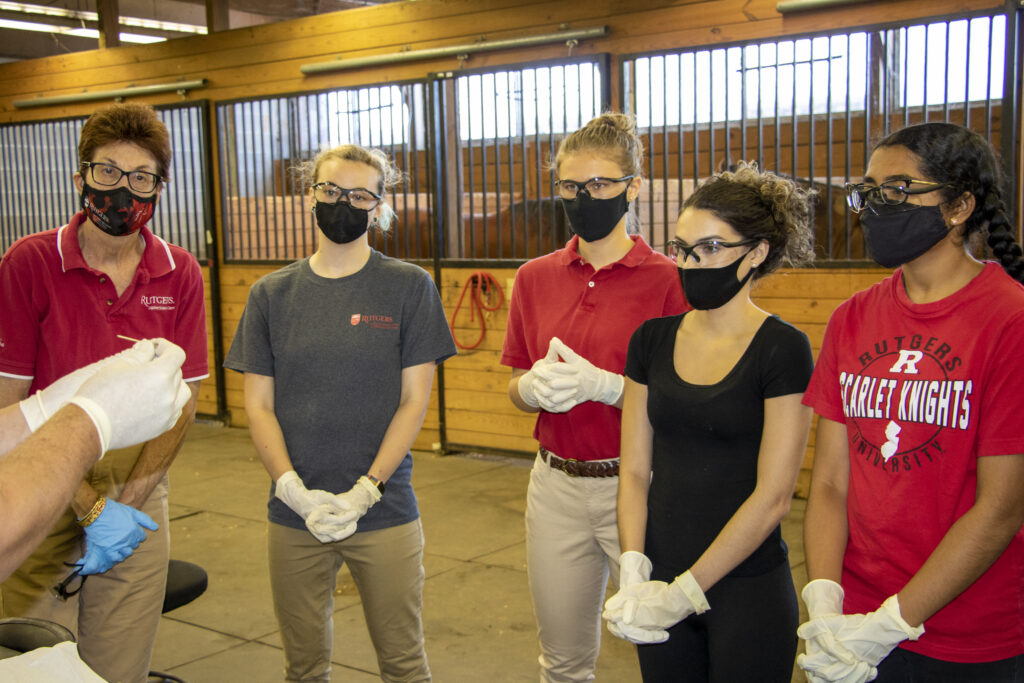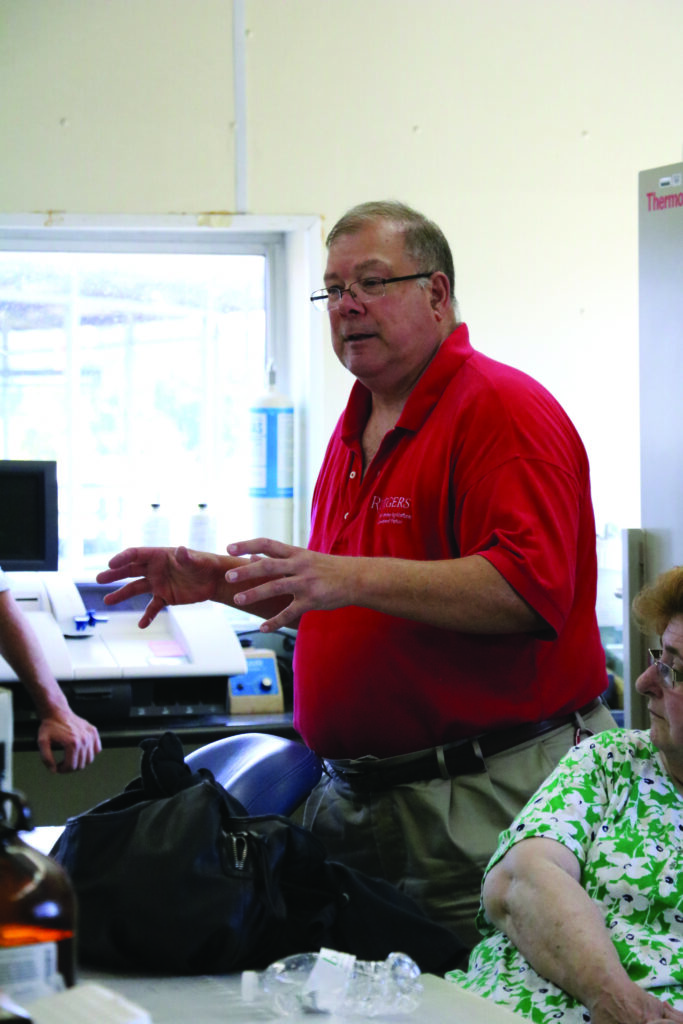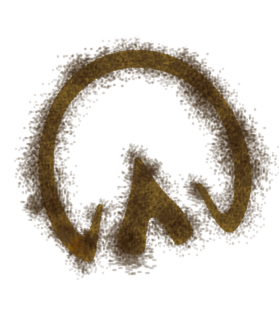Career: Equine Physiologist
Hay Everyone!
I have an exciting post for you this week! I decided it was time to dive back into my series on careers in the equine industry. This week I interviewed one of our very own, Dr. Kenneth McKeever. Dr. McKeever is an equine physiologist who works at Rutgers University as a Professor in the Department of Animal Sciences and the Associate Director for Research at the Equine Science Center. If you’ve ever been to one of our events such as the Evening of Science and Celebration, you might have heard him talk about his research or a related topic.
Do you want to take a look at what a career as an equine physiologist is like? I know I do, so dive right on in with me!
Lord Nelson (LN): What does your typical day at work look like?
Dr. McKeever (Dr. M): On a typical day I get up around 5:30-6:30 and I read and answer my emails. Then I take care of Editor-in-Chief duties for the Journal of Comparative Exercise Physiology. On my ride up to Rutgers I return phone calls and place phone calls (hands free of course). Once at Rutgers it depends on what is on the schedule. If we have an experiment in progress, then I will go to the Equine Exercise Physiology Laboratory. If not, then I go to my office where I read scientific papers, write manuscripts and grant proposals, and prepare for teaching class. Depending on the day I may also have multiple committee meetings. I usually work in a 10-20 minute power nap that is essential with my lack of pituitary function. Depending on the day I will go home and then prepare for one of the service tasks related to one of the organizations that I am currently serving in as an officer or member. That can range from coordinating community service and outreach projects conducted by the Knights of Columbus or one of the tasks related to service as an officer in several patriotic hereditary societies. Several days a week I also work out at the gym or train as a water polo goalie so I can continue to compete at the USAWP Masters Nationals and the FINA World Masters Championships. But most of all I enjoy a relaxing evening or weekend with my wife of 40 years, Jennifer and my 11 year old Cairn Terrier, Nora.
LN: What is your favorite part of the job?
Dr. M: Putting together collaborative teams that can come together to solve mission driven scientific problems targeted at improving equine and human health and in doing so teaching undergraduate students and mentoring graduate students! Also, keeping a positive can do attitude to make things happen, like digging the treadmill pit, pouring the concrete, and installing the treadmill in place in four months so it would be up and going by Ag Field Day in April. It took teamwork to do that, and we got the job done!

Dr. McKeever demonstrates for students how to use a catheter for blood draws.
LN: What is your least favorite part of the job?
Dr. M: Dealing with those who have a negative attitude and cannot work as a team. Trying to overcome the bureaucratic hurdles and self-serving political agendas that one encounters in any big organization.
LN: If someone were considering a similar career path, what advice would you offer to them?
Dr. M: Find your passion and have fun at achieving excellence at everything you do! Always be in awe at how amazing life is and don’t let the naysayers or negative people keep you from achieving your goals or having fun in the process! Do not be afraid to speak up for those less fortunate. Always choose the virtuous path and don’t cut corners, strive for excellence, be an example, help those who need help, and at the end of the day remember that honesty, integrity, and hard work are guiding principles that one can be proud of in any career.

Dr. McKeever sharing his passion for research and equine physiology at the 2017 Summer Showcase.
LN: What is your most memorable or favorite memory from your time at Rutgers?
Dr. M: Handing the diplomas to both of my daughters, Nicole and Natalie, when they graduated from the Mason Gross School of the Arts.
LN: What made you decide to pursue a career as an equine exercise physiologist and how did you establish yourself within this field?
Dr. M: As a young kid I loved taking things apart and figuring out how they worked. I had a love of science that was fostered by an excellent 6th grade science teacher and in high school I found my physiology teacher inspired a passion for physiology. As an undergraduate I was an Animal Science Major at Cal Poly Pomona and I wanted to go to veterinary school. I also played water polo goalie on the varsity team where we practiced 6 hours a day, six days a week, year round. Well, reality set in and I decided to follow my passion for science and went off to graduate school at Fresno State where I had a choice between studying pigs and horses… The choice was easy. I finished my M.S. in a year and half and after that I worked as the assistant manager on a Thoroughbred ranch, where I honed my skills with horses. I was in the right place at the right time when the University of Arizona sought someone to manage the Equine Breeding farm while working on a Ph.D. Animal Physiology. At that time most students studying horses were nutrition or reproductive physiology students. Neither was of interest to me. So, I started following my passion that combined exercise physiology and horses. I began by taking classes in human exercise physiology and soon had an idea for a project focused on the regulation of blood volume and blood pressure during exercise. Well, I was in the right place at the right time as the University of Arizona had just hired one of the best scientists in that area of research, Vic Convertino. Vic had just joined the faculty after doing a number of years of research with NASA and I became his first Ph.D. student. We conducted the first studies of the hypervolemic response to training in greyhound dogs and horses and focused on the mechanisms that connected the cardiovascular, endocrine and renal systems in the mediation of this important adaptation to training. We found that, like humans, the dog and the horse increased their plasma volume and total body water to insure cardiovascular and thermoregulatory stability. Importantly, we were able to make measurements that had not been done in humans and soon had a few papers in the literature. Well, I was in the right place at the right time and my Guardian Angel was looking after my family. One of Vic’s mentors, Dr. Hal Sandler, the Director of Biomedical Research at the NASA-Ames Research Center at Moffett Field in California was looking for an NRC Associate to join his team at in the Cardiovascular Laboratory. So off I went to study the effects of simulated weightlessness on the cardiovascular system of Rhesus monkeys.
Wow, what a journey Dr. McKeever has had and continues to have! I think one of the coolest things about Dr. McKeever’s career is the number of different things he has done over this period and continues to do even today. It would be hard to be bored in a career with so many different things to do!
Until Next Time.
Your Friend,

Lord Nelson

Comments (1)
Wendy
Oct 06, 2021